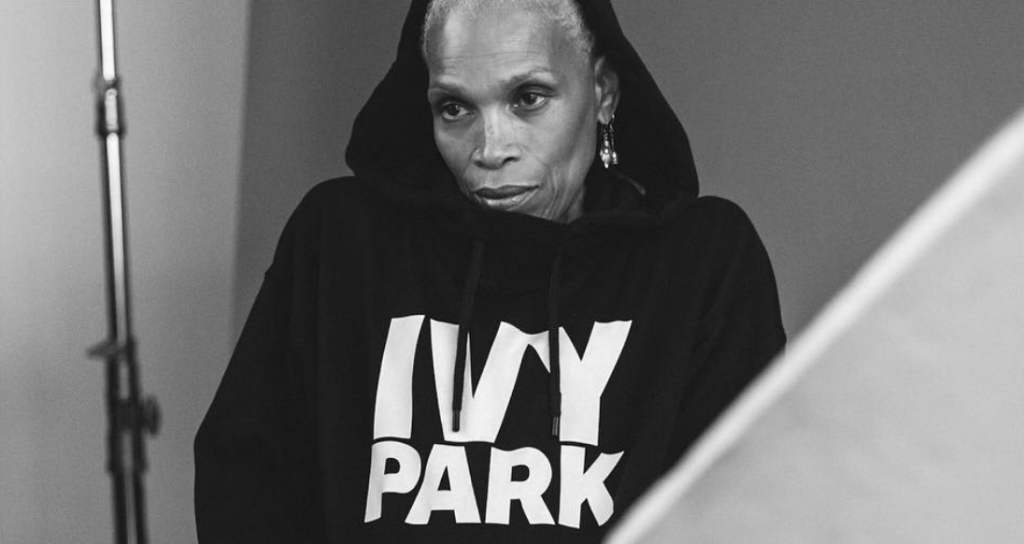According to a study from JWT London Innovation Group, older boomer women “feel invisible or ‘edited out’ when it comes to the leisure and fitness category.”
The study, based on a comprehensive survey of 248 women aged 53-72 in the U.K., data from the JWT Women’s Index Study and in-depth interviews with experts and influencers, found that one barrier to entry for older women is not feeling safe. This includes taking walks or jogging on busy roads, as well as getting home from exercise classes at night.
But a larger hurdle is that many feel ignored by advertisers across categories. The survey found 72 percent pay no heed to advertising. Ninety-one percent wish advertisers would treat their generation as people, not a stereotype. And interviews conducted by JWT as part of the study found fitness categories faced some challenges in messaging to aging boomers as well.
“Check the websites and social feeds of most women’s sportswear brands and you’re hard-pushed to find anyone over the age of 30,” wrote JWT in the study. “One designer quoted in a Vogue piece on the ‘rules’ of athleisure, even advised women over 50 to ‘stick to neutrals’ when it comes to choosing pieces. In other words, stay out of sight, keep yourself in the background.”
The site cited a number of statistics underscoring the opportunity to reach aging women boomers:
- More than half of older women (54 percent) say becoming healthy and physically active is an ambition for the next phase of life, and 48 percent see regular exercise as one of the most important things for good health and well-being, according to JWT’s survey as part of the study;
- JWT Women’s Index data reveals that women over 50 rank “being healthy and fit” as one of the ultimate markers of success, from a list of more than thirty options;
- When it comes to weekly sports participation, the age group 45-54 has shown the strongest growth in the past decade, up 41 percent according to Sport England’s Active People research. The next group, 55-64 year-olds, are not far behind, with a rise of 28 percent in weekly participation over the same period;
- Parkrun UK, a series of running events in the UK, has tracked more than 4.5 million miles run by Brits over the age of 50 in the 52 weeks to October 24th 2017, an increase of 40 percent on the previous year.
JWT pointed to a number of brands successfully reaching aging women boomers.
Through its “This Girl Can” campaign, Sports England “heroes women in their fifties and sixties, crucially placing them alongside younger women, rather than siloing them into ‘old lady exercise.’”
Evans Cycles features a stylish sixty-something woman alongside younger cyclists in its latest poster campaign. Mountain bike brand Cotic signed 53-year-old cycling blogger and journalist Adele Mitchell as its brand ambassador.
Among athleisure brands, Beyoncé’s Ivy Park activewear label is aimed at women of all ages with its latest campaign featuring dancer Karen McDonald, the singer’s 60-year-old choreographer.
Athleta designs its range to fit all body types, while its advertising features women of all ages with no photoshoping of any models.
Craft Sportswear, along with Europcar and Helnan International Hotels, sponsored the 2017 Masters Athletics Championship in Denmark.
The “Elastic Generation: The Female Edit” study is a follow-up of JWT’s 2015 “Elastic Generation” report that focused on a changing marketing opportunity, reaching those in their fifties and sixties who were living longer, more financially secure and more adventurous and ambitious than past older generations.
The new survey of women boomers found:
- Two-thirds are enjoying life more than ever nowadays;
- Sixty-eight percent say they are more outspoken than they used to be;
- Eight out of 10 care less now what others think of them than they did in their younger years;
- Fifty-seven percent are making more effort to do the things they always dreamed of doing.
The research also showed that over-fifties outspent their younger counterparts for the first time in 2015, yet 67 percent of the women respondents said they believe advertisers only care about young people. Sixty-nine percent thought the fashion industry ignores people their age, and 64 percent hate the way their generation is patronized when it comes to technology.
“Our collective understanding of what later life looks like remains woefully outdated,” wrote Marie Stafford, European director, The Innovation Group J. Walter Thompson, in the report. “Age no longer dictates the way we live. Physical capacity, financial circumstances and mindset arguably have far greater influence. And there’s no fixed pattern for how any of us grow older.”
The fully study is HERE.
Photo courtesy Ivy Park
















